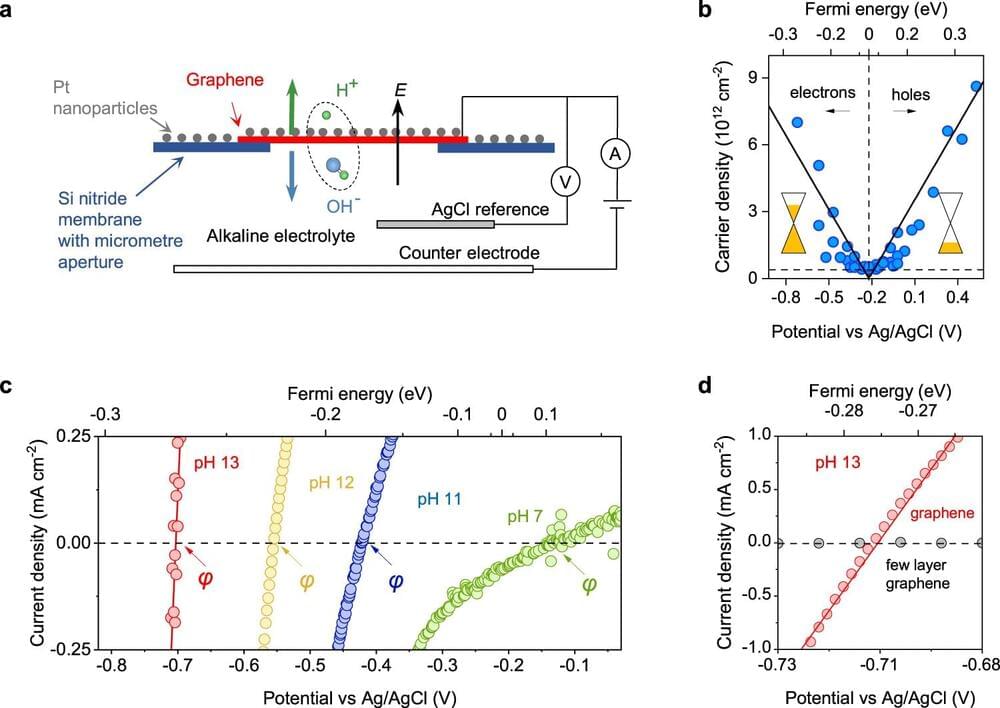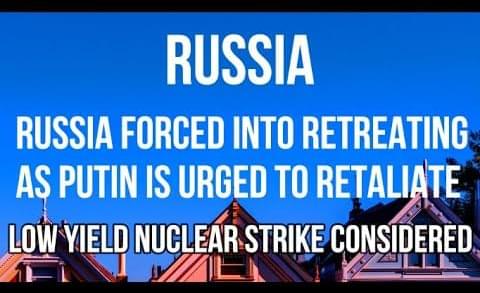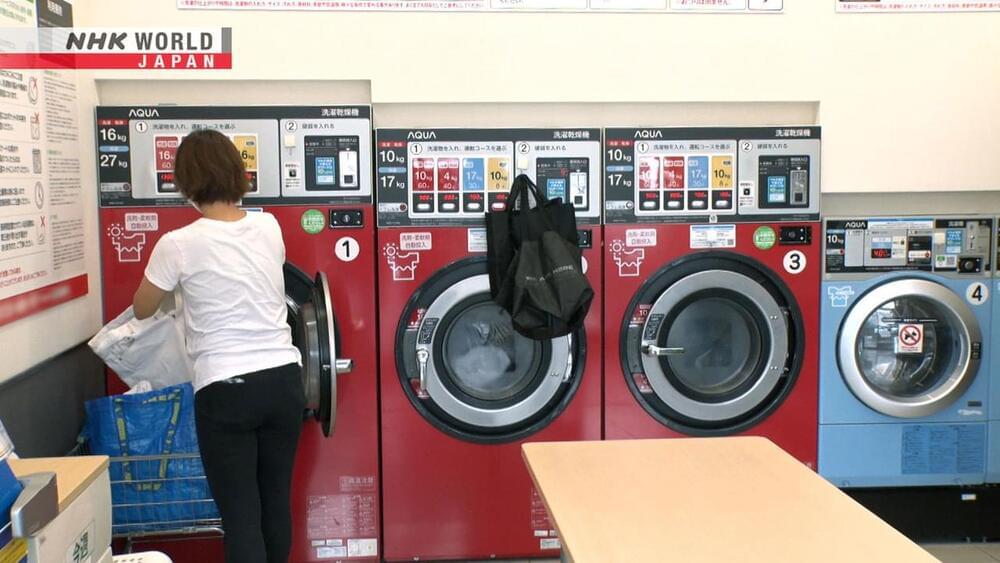Oct 14, 2022
This Exoskeleton Uses Machine Learning to Put a Personalized Spring in Your Step
Posted by Kelvin Dafiaghor in categories: cyborgs, economics, information science, robotics/AI
“This exoskeleton personalizes assistance as people walk normally through the real world,” said Steve Collins, associate professor of mechanical engineering who leads the Stanford Biomechatronics Laboratory, in a press release. “And it resulted in exceptional improvements in walking speed and energy economy.”
The personalization is enabled by a machine learning algorithm, which the team trained using emulators—that is, machines that collected data on motion and energy expenditure from volunteers who were hooked up to them. The volunteers walked at varying speeds under imagined scenarios, like trying to catch a bus or taking a stroll through a park.


















